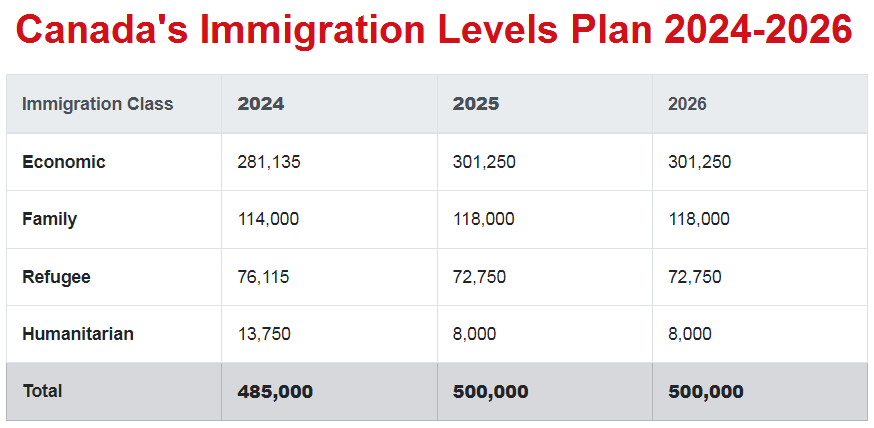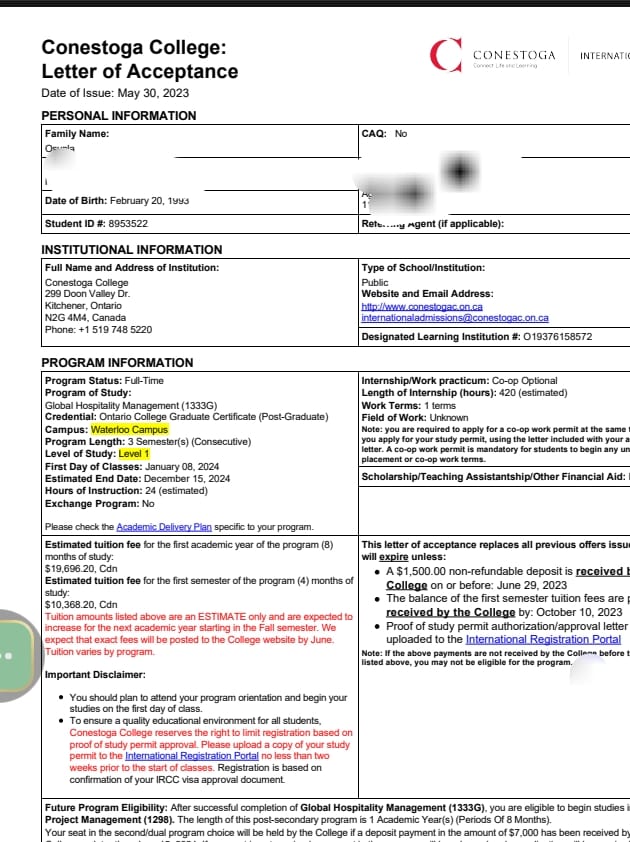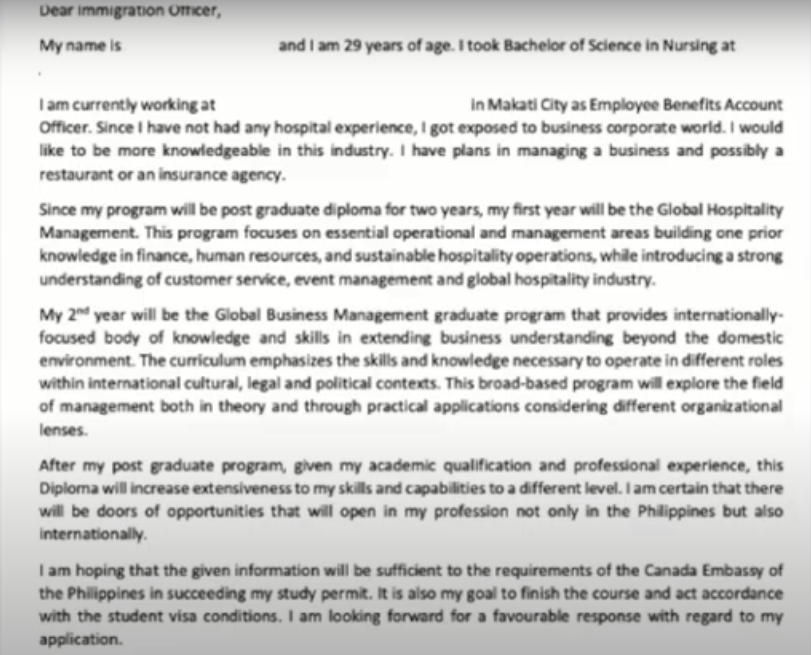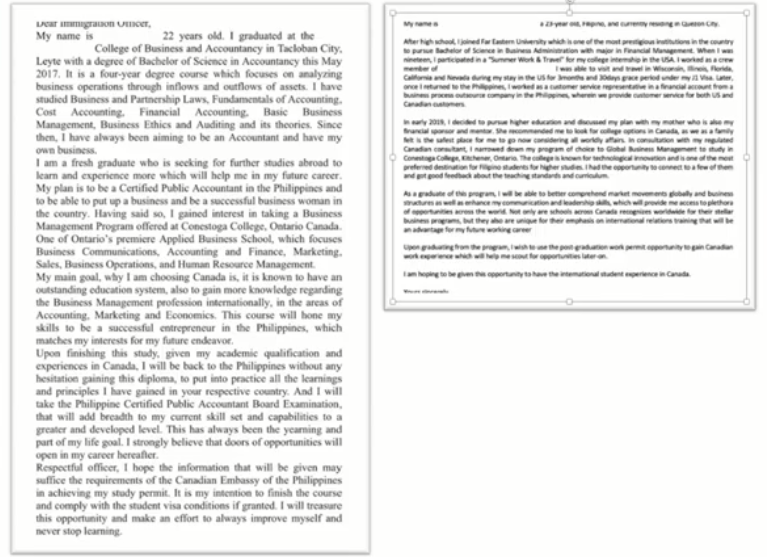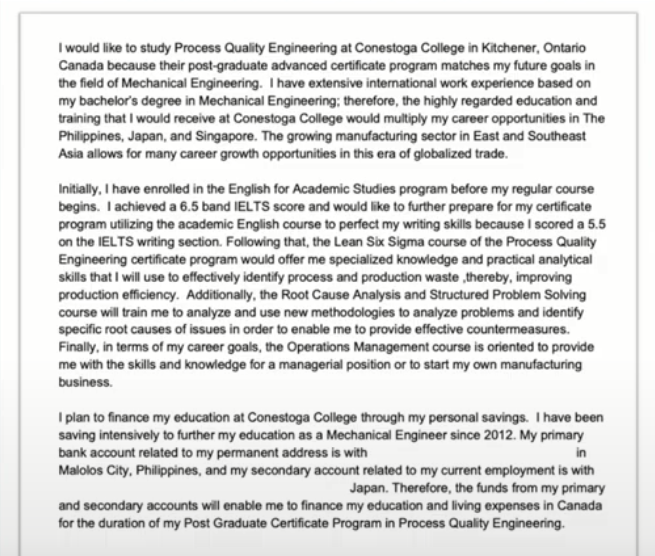Some provinces have stated issuing Provincial attestation Letter (PAL) for Canada study permit application in 2024. The Provisional Attestation Letter (PAL) will be required for Canada study permit applications for those that applied for diploma programs or undergraduate programs. You will need attestation letter before you can apply for Canada study permit for undergraduate admissions.
Remember, as from the 22nd of January, anybody that applied for Canada study permits, if it’s not on a master’s or PhD, you’re going to need an attestation letter. Even though it’s a postgraduate diploma, you’re going to need provincial attestation letter (PAL).
Provincial Attestation Letter For Canada Study Permit Application
Recently, two provinces, British Columbia and Alberta have started to issue the letter of attestation. British Columbia now issuing Provincial Attestation Letters for international students. The British Columbia’s provincial attestation letter (PAL) system was effective as from March 4, 2024.
International students must submit a PAL with their study permit application to prove that they have been accepted by a Designated Learning Institution (DLI) within the limits of its allocation. The B.C. government says the provincial government issues PALs to institutions, who then issue the letters to the international applicant.
B.C. says it has been granted a total allocation of 83,000 undergraduate study permit applications from Immigration Refugees and Citizenship Canada (IRCC). Further, the province notes that “based on previous acceptance rates, the federal government expects this to result in approximately 50,000 approved study permit applications for 2024.”
Many have asking these questions, how do I apply for the Provincial Attestation Letter, when can I apply for the Attestation Letter, when will I be able to submit my study permit and with these all restrictions how is it going to affect study permit approval?
For sure, it’s going to affect study permit approvals because there’s going to be less provincial attestation letter given because based on the quota, if a province meets their certain quota, then they’re going to stop issuing that admission or they may put the admission to the following year.
The good news, which is something really interesting is the fact that as a student, you don’t have to apply for the provincial attestation letter by yourself. What is going to happen is that the provinces are going to provide these attestation letter to the respective universities and colleges in Canada.
Then when you apply and you get admission, maybe when you pay your tuition deposit, the same way you have your admission letter, they will also make the provincial attestation letter available for you. You don’t have to apply to the province for Attestation Letter, the school will provide it for you, just make sure that you monitor your e-mail regularly.
Once you get your admission and you register, that is, you pay your tuition deposit, then the school is going to, on your behalf, request for the provincial attestation letter from the province. But if the province have met their quota, then you’re not going to get the provincial attestation letter (PAL).
Because this is the early phase of the year, many international student are going to get it for the most part. Maybe those that are going for September admission or start day. It is advisable, if you’re planning to apply for September of 2024, especially for colleges, a lot of colleges are still opened, try to apply as soon as possible and pay your deposit as soon as possible because there maybe first come, first start.
You may have the admission, but if you don’t pay the tuition deposit early, then if other people pay and the quota is full, then they get it. Make sure any school you apply for, whatever amount you are supposed to pay, just get that ready, so that immediately the admission comes out, then you will have the Provincial Attestation Letter. For master’s admission, obviously, you don’t need an attestation letter for that.
Based on information from University of Calgary, they said that upon registration and payment in your program, then the University of Calgary will request your provincial attention letter from the province of Alberta.
Once the provincial attention letter is available, the continuing education will notify you via the email address that they have on file, and then you’ll be able to download the provincial attention letter, and you will then be able to upload that as part of your study permit application. They mentioned that this process is expected to begin the week of March 4, 2024. That’s about Alberta.
For British Columbia Province, where you have all the University of British Columbia, Okananga College, Douglas College, the Vancouver Island University, and all of these other different universities. Effective from March 4, 2024, the province of British Columbia attestation letter will be available. It’s going to be the same process.
The British Columbia government, they’re going to issue this attestation letter to the different colleges and universities in the province, and then those universities and province will inform their student when theirs is available. You don’t really have to do anything other than just monitor your email.
What the British Columbia government have said is that they’ve been granted an allocation of 83,000 provincial quota. Though the quota for other provinces is not yet out, but that of British Colombia is 83,000 undergraduate because you don’t need it for a master’s or for PhD.
The way the federal government allocated this quota is based on history, in terms of how many study permit approval have you gotten in the in the last few years. If they’re given a quota of 83,000 study permits quota, they expect to give out about 50,000 study permit approval because it’s not everybody that gets admission gets study permit.
Last year, there were about 97,000 study payments application for undergraduate programs in British Columbia, and about 60,000 of these were approved. Maybe that why they give them a maximum limit of 83,000, so that at least that can result to 50,000 approvals, with about 10,000 shots. If you consider these across provinces, then maybe about 100,000 study permits will be issued this year.
These quota will be distributed from different institutions, from private to public. They said about 53% of these Provincial Attestation Letter would be available for public institutions, and then the remaining 47% would be for the private institution.
As at 2023, it’s 27% less compared to what the private institution had for 2023. But all of this is to help maintain the quota and to make sure that no province is benefiting more than the other.
 Jobsscholar Jobs Search | Education Hub | Scholars Portal
Jobsscholar Jobs Search | Education Hub | Scholars Portal
